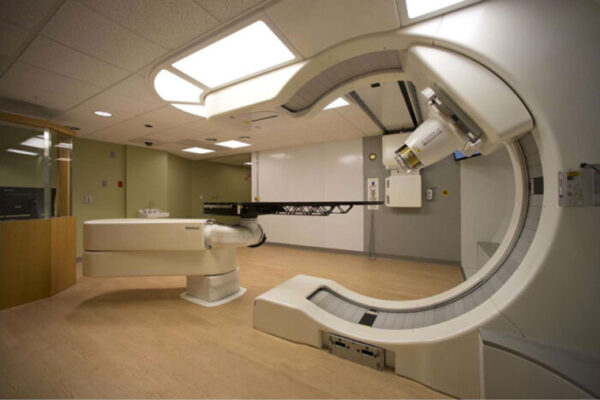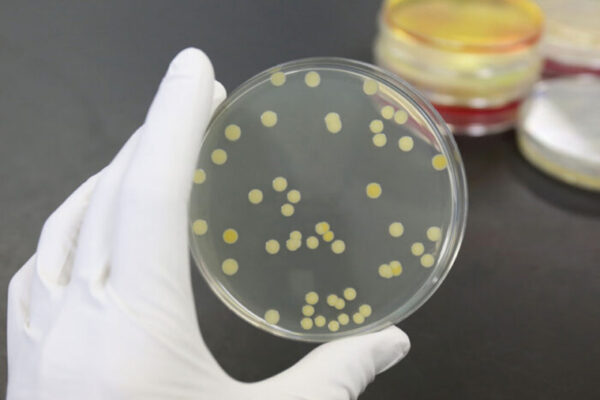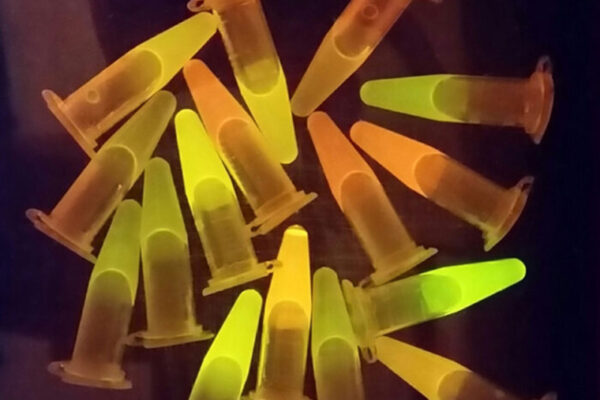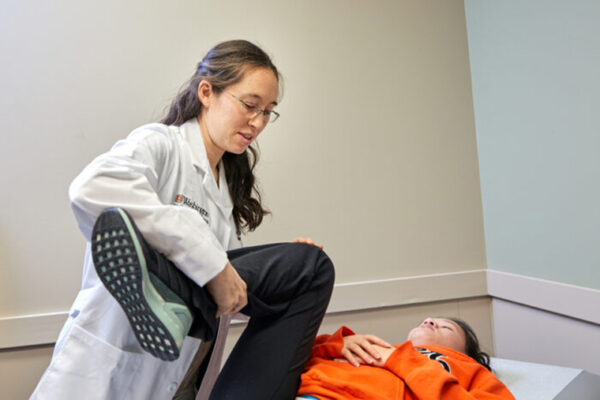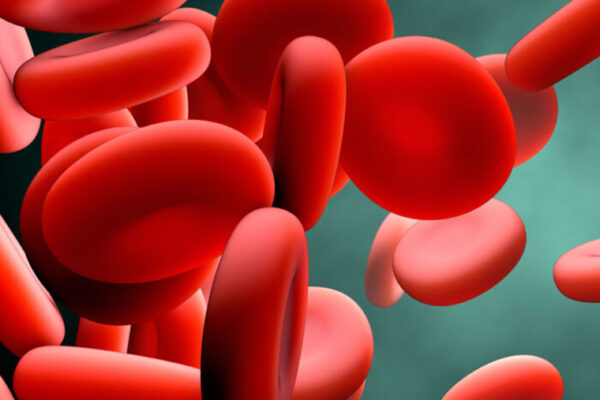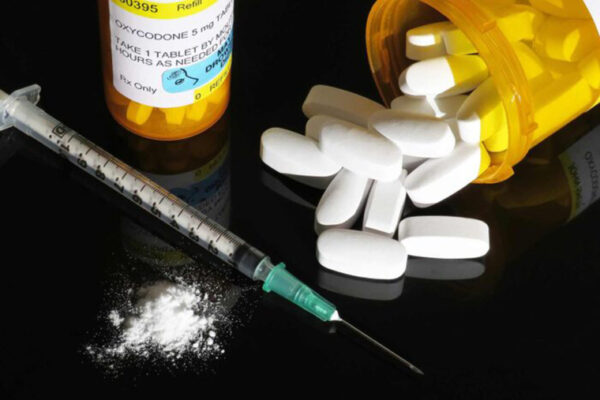Proton therapy as effective as standard radiation with fewer side effects
A new study, led by the Washington University School of Medicine in St. Louis and the Perelman School of Medicine at the University of Pennsylvania, suggests proton therapy is as effective as traditional X-ray radiation therapy while causing fewer serious side effects.
Why isn’t there a vaccine for staph?
A study from the School of Medicine may help explain why previous attempts to develop a staph vaccine have failed, while also suggesting a new approach to vaccine design that focuses on activating an untapped set of immune cells.
Scientists find way to supercharge protein production
Researchers at Washington University School of Medicine have found a way to increase protein production up to a thousandfold, a discovery that could aid production of proteins used in the medical, food, agriculture, chemical and other industries.
Asthma severity linked to microbiome of upper airway
A new study from the School of Medicine showed a correlation between the types of bacteria in the upper airway and severity of asthma symptoms. The study will lead to future research seeking possible ways to alter the airway microbiome to reduce asthma severity.
Depression, anxiety may hinder healing in young patients with hip pain
New School of Medicine research suggests that physicians evaluating young patients with hip pain should consider more than physical health. They also should consider screening for clinical depression and anxiety — impairments that can have a negative impact on outcomes following hip surgery.
In transfusions for children, fresh and older blood are equally effective
An international study led by the School of Medicine and CHU Sainte-Justine hospital in Montreal has found no benefit in using fresh red blood cells that have been stored for up to seven days in blood transfusions for critically ill children, compared with using older red blood cells stored for nearly four weeks.
Why doesn’t deep-brain stimulation work for everyone?
School of Medicine researchers have mapped nine functional networks in the deep-brain structures of 10 healthy people, an accomplishment that could lead to improvements in deep-brain stimulation therapy for severe cases of Parkinson’s disease and other neurological conditions.
Families with long, healthy life spans focus of $68 million grant
With the help of a grant from the National Institute on Aging of the National Institutes of Health (NIH), researchers at the School of Medicine are leading the Long Life Family Study, which includes several generations of families with unusual concentrations of long-lived individuals. The goal is to uncover genetic factors that play roles in long life spans.
Halting opioid abuse aim of several grants from NIH, CDC
Researchers at the School of Medicine have received federal grants totaling more than $10 million from the National Institutes of Health (NIH) and the Centers for Disease Control and Prevention (CDC). The grants are part of a nationwide push to fund research targeting the opioid epidemic.
Washington People: Jennifer Gartley
Jennifer Gartley, a professional flutist who has performed with the St. Louis Symphony Orchestra and Opera Theatre of Saint Louis, serves as programming and public outreach director for the Department of Music in Arts & Sciences. It’s just one of the notes she plays at Washington University.
View More Stories
